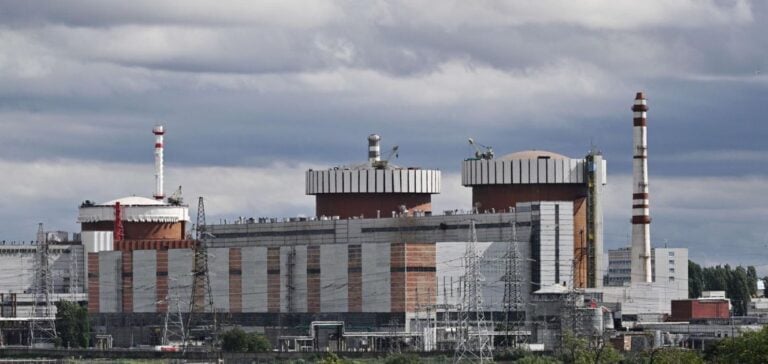Last night, Russia stepped up its attacks on Ukraine, specifically targeting energy infrastructure in the south of the country. During the night, regular waves of attack drones were launched, reports the southern command of the Ukrainian army. Continuing its strategy of intensive bombardment of the national network, the missiles targeted strategic installations in the Odessa region, causing significant damage to a power plant. These deliberate actions are exacerbating energy instability in the region, leaving entire areas without power.
Consequences of power cuts
Repeated attacks on these infrastructures have led to widespread power cuts in several regions, impacting not only the daily lives of civilians but also critical operations such as hospitals and emergency services. The Kiev army reports that power cuts have become frequent, exacerbating the local humanitarian crisis and compromising the safety of residents.
Responses and adaptations
Faced with these recurring power cuts, local authorities and emergency response teams are working tirelessly to restore power and secure installations. Gennady Troukhanov, the mayor of Odessa, underlined the importance of these efforts, saying: “We are currently assessing the extent of the damage to the power plant,” illustrating the urgency of repairing and maintaining critical infrastructure.
Long-term impact on the energy sector
The long-term impact of these strikes could redefine Ukraine’s energy strategy. With damaged infrastructure and reduced production capacity, the country may have to reconsider its energy sources and energy security plans.
Escalating attacks underline the need for international collaboration to support Ukraine in protecting its energy infrastructure. The blocking of US military aid and the growing pressure on Ukraine’s resources highlight the urgent need for international support to secure and modernize the energy network, in order to resist future attempts at destabilization. “If this help doesn’t arrive, we’ll lose the war,” warned President Volodymyr Zelensky, underlining Ukraine’s dependence on outside assistance for its survival.






















